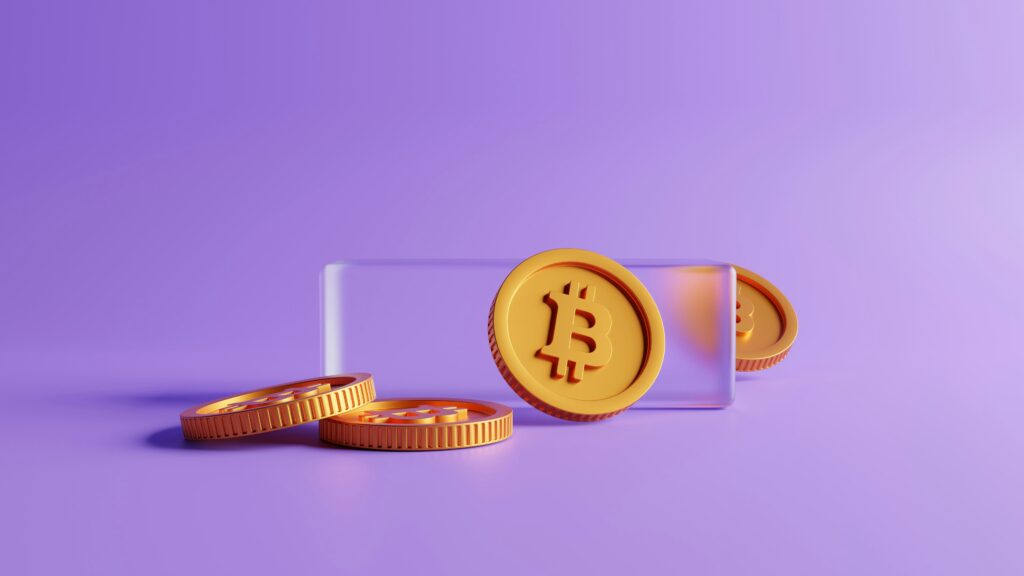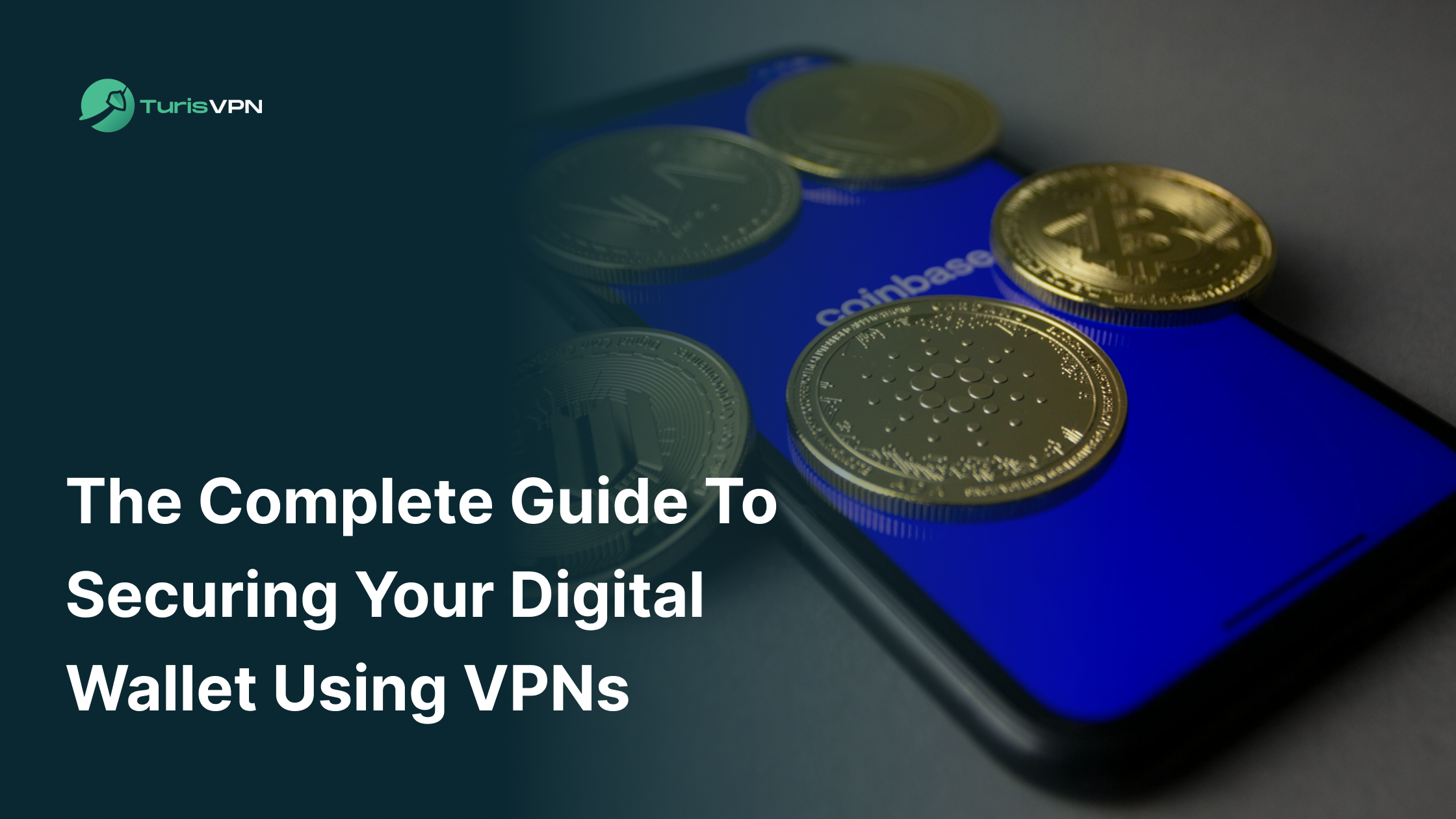A surprising $2 billion worth of crypto theft took place in 2023, raising doubts about the security of cryptocurrency transactions in Web3.
As these technologies continue to evolve, cybercriminals are resorting to clever tactics such as phishing attacks to steal your data, making digital wallets (your protectors) the primary prey.
In today’s world, digital wallets are quite common. You may have also been using one or two right now. These wallets are basically the digital version of your wallets. Basically, they are online payment tools that you can use in the form of an app.
You can store funds, make transactions, and track your payments easily on your phone or tablet through a digital wallet. The benefit of carrying such a wallet is that you don’t have to carry your debit or credit card physically. You can even store items like gift cards, membership cards, and coupons in them.
But with valuable assets like cryptocurrencies, you may wonder: What measures can you adopt to guarantee the safety of your digital wallets?
One of the best solutions is a Virtual Private Network (VPN). A VPN establishes a secure tunnel between your device and the Internet, preventing potential hackers from easily tracing your online actions.
But first things first—let’s talk about what lies ahead. Today, we will elaborate on the importance of digital wallets, the crucial role they play in protecting digital assets such as cryptocurrencies, and how VPNs safeguard digital currencies against ever-present hacking threats.
A. Understanding Digital Wallets in Web3
Web3 is a version of the Internet that focuses on personal data ownership, which is invaluable if you are using blockchain technology and transacting cryptocurrencies. Web3 offers a decentralised web ecosystem where you, the customers, get increased value and security.
As a result, Web3 digital wallets also beat traditional digital wallets. Traditional digital wallets are controlled by third parties such as banks or financial institutions, whereas Web3 digital wallets give you full control over your funds and data.
In Web3, your digital wallets do more than just transfer and store cryptocurrencies. You receive a private key to sign transactions so that you have proof of ownership of your digital assets. Your wallet also enables you to connect to blockchain networks, utilise smart contracts, and securely access your account at your terms.
Generally, there are three main types of digital wallets. Let’s learn the speciality of each of them.
- Hardware Wallets
Hardware Wallets are physical electronic devices that allow you to store your private keys offline. Since they hold your keys offline, Hardware Wallets are considered to be the safest options available.
- Software Wallets
Software Wallets, on the other hand, allow you to have constant connectivity to the internet, making it easy to interact with DeFi protocols. With a Software Wallet, lending, borrowing and token swapping on DEXs (decentralised cryptocurrency exchanges) become seamless and efficient.
- Mobile Wallets
Now, if you are looking for something more flexible, Mobile wallets should be your choice. They are designed as mobile apps for smartphones and are made for on-the-go transactions. They offer convenient access to your funds but offer limited space compared to desktop apps.
Digital wallets are the backbone of secure and decentralised transactions in Web3. They allow you to store digital assets like NFTs, interact with decentralised Apps(dApps), and securely send cryptocurrencies to your seller’s wallet without any intermediary, offering a faster way to manage your digital assets.
B. Common Threats to Digital Wallets

We discussed how Web3 digital wallets provide better security and privacy. However, they are not invincible. Several threats can compromise your digital wallets, even in Web3. Let’s discuss the main perpetrators.
- Hacking Attacks
Hackers use various techniques to steal your keys and use all your crypto holdings. These include zero-day exploits that target vulnerabilities in software and brute-force attacks that guess your password.
These hacking attacks are common. For example, a Japanese crypto exchange, DMM Bitcoin, lost $305 million in a hacking attack, revealing vulnerabilities in its security structure and emphasising the need for strong security practices.
- Phishing Attacks
Phishing uses fraudulent websites or texts to make you reveal sensitive information. Phishers usually impersonate trusted parties like banks and trick recipients (you) into sharing information you wouldn’t otherwise share with anyone else.
Common phishing techniques target digital wallet users through spoofed emails and websites and urgency and scarcity tactics.
For example, in 2019, phishing attacks caused a financial loss of $1.7 billion in organisations. This shows how these attacks can inflict damage on not only individuals but also organisations in general.
- Malware and Spyware
These threats are even stealthier than the above two. Hackers design malware and spyware to intercept data from a server or computer. They trick users into installing faulty programmes, and once the malicious script bypasses the safety protocols, hackers access sensitive data and hijack the system completely.
An example of this is WannaCry, which made headlines in 2017. It took over several computers throughout the world and demanded a Bitcoin ransom in exchange for the description key.
C. The Role of VPNs in Protecting Digital Wallets
Thankfully, where there are ailments, there’s an antidote. A VPN is your antidote to malicious threats like the ones we discussed above. Here are some ways VPNs offer security advantages in protecting digital wallets.
- Enhanced Data Encryption
VPNs encrypt internet traffic flowing from and to your device, creating a tunnel that protects your data. This encryption protects your sensitive information, making it unreadable even if it’s intercepted by hackers.
- IP Masking and Anonymity
Your IP address reveals your physical location, thereby allowing tracking. VPNs act as a mask by hiding your IP and showing the VPN server’s location to websites. This makes it secure from hackers trying to locate and target your digital wallet and protects your online activity from being tracked.
- Secure Access to Digital Wallets

Since VPNs mask your IP address, it becomes difficult for individuals to target your digital wallets. You can use VPNs to restrict access to your private keys, ensuring only authorised connections can access them.
D. Preventing Phishing Attacks with VPNs
VPNs offer a secure, cost-effective solution for protecting your digital wallet against phishing attacks. How? Let’s find out:
- Secure Browsing
VPN goes beyond encrypting communication between your browser and website and encrypts all your internet data. This makes your login credentials, website URLs, and all other sensitive information unreadable to anyone trying to intercept your connection.
Moreover, these VPNs mask your IP address, making you a difficult target for phishers looking to use location-based tricks. This also fails all the attempts to personalise phishing scams based on your geographical data.
- Anti-Phishing Features
Many VPN providers offer advanced features to fight phishing attempts. They leverage real-time intelligence databases to block access to phishing websites. Once you attempt to visit the suspicious URL, the VPN triggers an alert and prevents you from unknowingly entering sensitive information.
E. VPNs and Cryptocurrency Transactions
Cryptocurrencies are one of the main reasons people use Web3 digital wallets. You need extra protection and security as cryptocurrencies are more sensitive and valuable than your normal currencies. Unfortunately, hackers also understand the value of cryptocurrencies and prey on those digital wallets where they can access them. So, it’s not only important but essential to secure your cryptocurrency transactions.
- Secure Transactions
VPNs use advanced encryption protocols, making it difficult for hackers to decipher information being sent and received. These encryptions also safeguard you from data tempering. Any attempt to change the data while it’s being transmitted will notify the system of tempering.
VPNs also ensure that transactions follow the safety protocols, maintaining the integrity of your cryptocurrency transactions and building trust among users.
- Reducing Transaction Anonymity Risks
VPNs enhance the anonymity and privacy of users by hiding your IP. This prevents third parties like hackers from tracking your physical location with the help of your online activities.
What’s better is that VPNs enable you to avoid geo-restrictions imposed by certain services. This allows you to access cryptocurrency platforms from different areas without having to reveal your physical location.
Lastly, VPNs help you prevent transaction tracing. Transactions can be traced through histories. What VPN does is it anonymises your internet connection, making it hard to link transactions back to you.
F. Choosing the Right VPN for Digital Wallet Security

While VPNs offer an additional layer of security to protect your digital wallet and cryptocurrency transactions, choosing the right one for your needs can be challenging.
Key Features to Find the Right VPN
- Opt for a VPN that uses strong encryption protocols like AES-256. This way, even if the hacker succeeds in hacking your data, they cannot decipher your transactions.
- Go for VPNs with a strict no-log policy. This means that they don’t store or collect any of your online activities or data, ensuring optimal privacy.
- VPN connections slow down your internet speed. To avoid lagging, choose a VPN provider that offers fast servers, especially if you plan to download large files.
Recommended VPNs for Digital Wallet Users
While there are many VPN providers in the market, some stand out due to their strong security features. Let’s compare the benefits of the top available VPN providers for digital wallets.
- ExpressVPN
- AES-256 encryption with user-focused no-logs policy.
- Lightway protocol offers exceptionally fast speed with no lags.
- Mostly preferred for its user-friendly interface and advanced security features.
- SurfShark
- Strong security with AES-256 encryption and a no-logs policy.
- Delivers speed similar to ExpressVPN, ensuring smooth cryptocurrency transactions.
- Offers competitive pricing and support for unlimited devices.
- Some reviews show concerns regarding its privacy policy.
- TurisVPN
- Offers AES-256 encryption like others.
- Offers a global network of servers optimised for fast speed.
- The reviews highlight its competitive pricing and user-friendly interface.
G. Best Practices for Securing Your Digital Wallet
Cybercriminals are always thinking of new ways to steal your cryptocurrency. In these situations, it has become necessary to adopt strong security measures to ensure the security of your digital wallets.
- Using a VPN Consistently
We can’t emphasise enough how a VPN provides a secure connection. The best advice is to consistently employ a VPN every time you access your digital wallet or make any cryptocurrency transaction.
Here’s how you can do it:
- Configure your VPN to automatically connect when you’re online.
- Always turn on the VPN before connecting to public networks to protect your data, as they’re usually insecure.
- Make VPN usage a habit. Whether you’re at work or somewhere else, ensure you’re continuously protected.
- Additional Security Measures
80% of data breaches occur because of weak passwords. Make sure to incorporate numbers, special characters, and uppercase and lowercase in your passwords to secure your digital wallets. Also, avoid guessable information and try using different passwords for different accounts to make them invincible to hackers.
Another excellent way to protect your digital wallets is by using Multi-Factor Authentication (MFA). MFA demands at least two forms of identification before giving access to your online accounts. For example, after entering a password, you’d need to enter a code sent to your mobile phone. This way, if anyone guesses your password, they still won’t get access to your digital wallet.
Start Using TurisVPN for the Best Web3 Digital Wallet Experience
Your digital wallets are never secure because cybercriminals are constantly inventing new ways to hack your data. As hackers constantly evolve their tactics, so should you.
In these situations, technologies such as VPNs can offer invaluable security by encrypting data and masking your IP address, eventually saving it from hacking. This adds an extra layer of privacy, offering you peace of mind when using your digital wallets or moving your cryptocurrencies.While there are many VPN options available in the market, we recommend you consider TurisVPN because of its pricing and robust security measures. We understand the threats that loom on digital wallets. Which is why our VPN is designed to protect you specifically from these threats. So, if you’re looking to secure your digital wallets, you know where to start!






